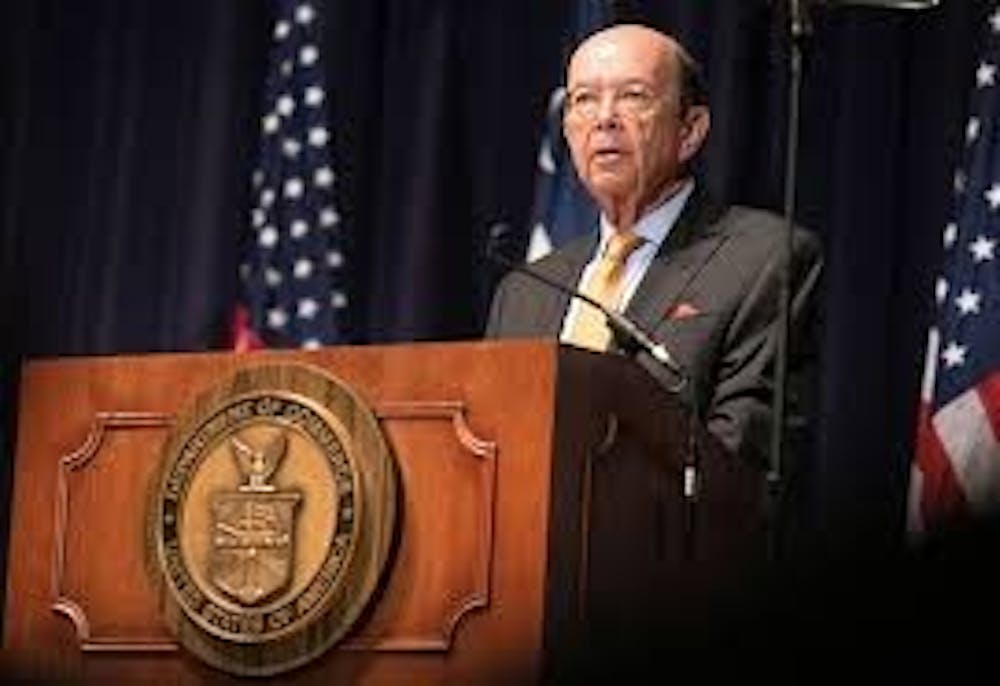The Trump administration’s plans for the 2020 census have caused controversy among New Jersey lawmakers from both political parties. The dispute hinges on whether the nationwide survey should include this question: “Are you a U.S. citizen?”
For a state like New Jersey, which receives $63 billion in federal funding, the census could have immense consequences. Crucially, that funding is partially based on official population estimates determined by the census.
The census will be conducted in 2020 by the U.S. Census Bureau, a part of the Department of Commerce. It will be the 24th census conducted since 1790. Participation in the census is mandatory for all U.S. households. The census currently asks about race, but it has not included a question on citizenship since 1950.
According to opponents of adding the citizenship question, such as N.J. Attorney General Gurbir Grewal, the new format would cause the census to undercount state populations. This is because non-citizens, or those living with a non-citizen, may choose not to participate in the census for fear of arrest by immigration authorities.
For states with large undocumented immigrant populations, like New Jersey, a population underestimate would mean significantly less funding for infrastructure and other federally funded projects. On a national level, this could cost New Jersey seats in the House of Representatives.
New Jersey has joined a coalition of other states in a lawsuit against the federal government over this question. The legal basis for suing is that the census must count the number of “free persons” in each state. The lawsuit alleges that, given this constitutional definition of the census, there should not be a question about citizenship. New York and California, states with two of the largest undocumented immigrant populations, are party to the lawsuit.
“The 2020 Census count must be accurate, efficient, and completely nonpartisan. Adding a citizenship question to the 2020 Census questionnaire compromises each of these core goals,” said N.J. Senator Cory Booker.
On the other side of the debate, U.S. Secretary of Commerce Wilbur Ross defended the citizenship question, saying that it “is no additional imposition since census responses by law may only be used anonymously and for statistical purposes.”








